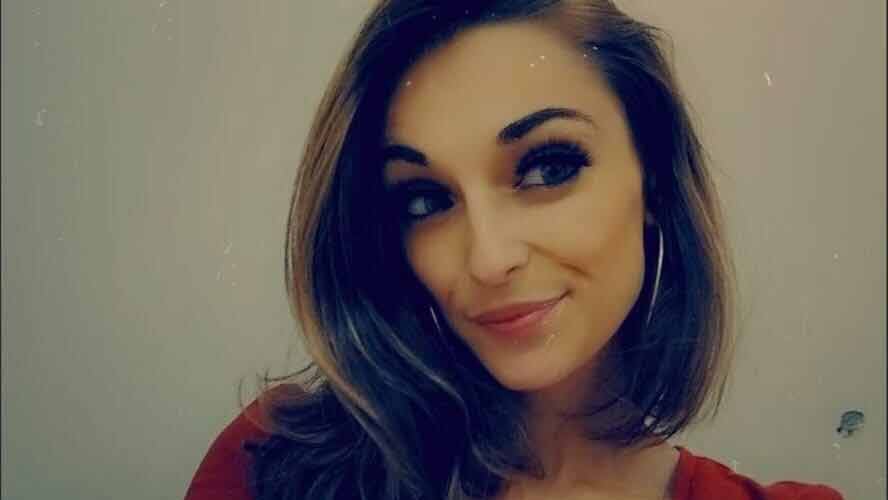Heart transplant patients in Dallas are getting a unique opportunity that might sound extreme: a reunion with the old heart that failed them.
When heart transplant patient 70-year-old Christine Morawski of Tyler, Texas, learned of the opportunity, called Heart To Heart at Baylor Heart and Vascular Institute, she says she was excited.
"I was thrilled because I don't know enough about this condition to even talk to my family about it!" says Morawski of the condition that led to her heart failure.
She suffered from arrhythmogenic right ventricular dysplaysia, ARVD, a rare type of cardiomyopathy in which the heart muscle of the right ventricle is replaced by fat and/or fibrous tissue.
Patients with the hereditary condtion often have arrhythmias, which can increase the risk of sudden cardiac arrest or death.
Morawski had a heart transplant in November of 2017 and in February of this year, she learned of the Heart To Heart experience.
She says she wanted it see her old heart for two reasons.
Local
The latest news from around North Texas.
"I had two things in mind. One was for my own information and one was for my family, because this is a genetic condition that I’ve already passed down to one of my sons and his sons," says Morawski.
On Friday, Dr. William Roberts, executive director of the Institute, who holds the heart reunions, showed Morawski her old heart, which had been preserved in formaldehyde and dissected.
Morawski's first words when she saw her heart: "It's pretty shocking."
Dr. Roberts showed her where fat replaced the muscle on the right ventricle of the heart and how it had enlarged to almost four times its normal size.
"It’s the biggest right ventricle we’ve seen out of the 15 cases we've studied," Dr. Roberts said to Morawski.
He says they've studied only 15 hearts from patients with the same condition as Morawski.
All the patients had transplants.
Morawski was also the oldest patient of the 15.
"I think anyone with an illness would want to know what it is," says Dr. Roberts, who offers the heart reunions to help patients understand the value of their new heart.
Only 2,500 of the 6.5 million Americans who have heart failure get a heart transplant each year, according to Dr. Roberts.
Morawski says she began to truly understand how bad her heart was the moment she held it in her hands.
"I felt like it wasn’t working very well and now I could see why. It’s very clear what was going on there," she says.
Not everyone who carries the trait for ARVD develops the condition.
Since 2014, Baylor officials say the hospital has invited about 100 heart transplant recipients to hold their former heart and view its damage.




